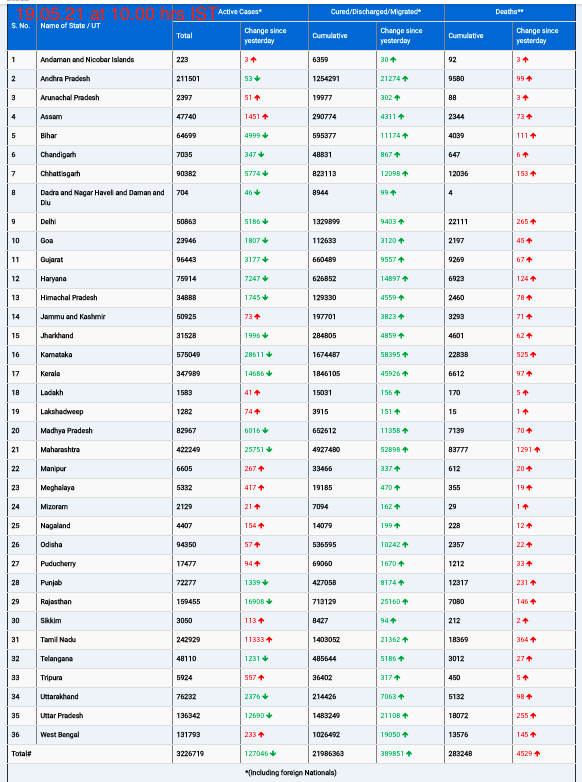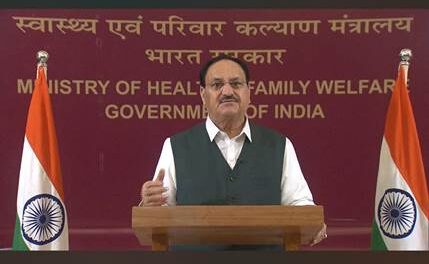A recent study published in The Lancet Regional Health Journal reveals that individuals who survive cancer in childhood or adolescence face a significantly higher risk of developing various health conditions later in life. This comprehensive study, conducted in Sweden, has alarming implications for the long-term health management of young cancer survivors.
The research team, which surveyed all individuals diagnosed with cancer before the age of 25 in Sweden since 1958, discovered that these survivors are approximately three times more likely to develop cancer again in their lifetime. Furthermore, they are 1.23 times more likely to experience cardiovascular diseases (CVD) and have a 1.41 times higher risk of accidents, poisoning, and suicide.
“If you’ve had cancer as a child or adolescent, you have an increased risk of almost all diagnoses in the future,” stated Laila Hubbert, a researcher at Linkoping University and consultant at the Cardiology Clinic at Vrinnevi Hospital in Norrkoping. Hubbert emphasized that the lingering fragility resulting from childhood or adolescent cancer makes survivors more susceptible to a wide range of health issues.
One of the critical factors contributing to these elevated risks is the aggressive treatments such as chemotherapy and radiation therapy, which, while effective in combating cancer, have long-term adverse effects on the heart and other organs. “This means that patients shouldn’t be released prematurely without planned and ongoing follow-up. It’s important to identify these risk factors and diseases early,” Hubbert added.
The study also highlighted the influence of socioeconomic factors on the risk of disease and death post-cancer. Survivors from lower educational backgrounds, those with foreign backgrounds, or those who remain unmarried face a higher risk of health complications. Notably, the study found that these risks are consistent across different regions in Sweden, indicating that geographical location does not significantly impact the long-term health of young cancer survivors.
This research underscores the importance of continuous and comprehensive medical follow-up for childhood and adolescent cancer survivors. By identifying and managing potential health risks early, healthcare providers can improve the quality of life and outcomes for these individuals, ensuring they receive the support and care they need throughout their lives.
As the study draws attention to the heightened vulnerability of young cancer survivors, it calls for a reevaluation of post-cancer care protocols to better address the long-term health challenges faced by this population.











